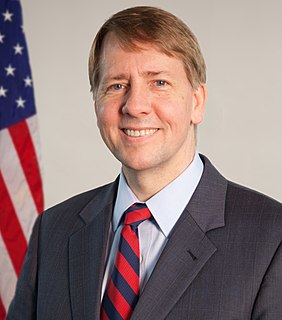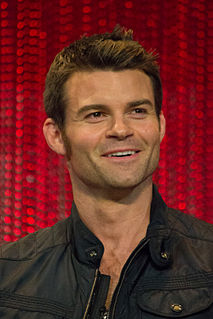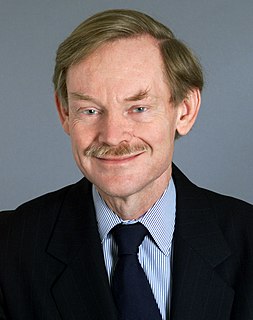A Quote by Gro Harlem Brundtland
The development of the food industry for both domestic and export markets relies on a regulatory framework that both protects the consumer and assures fair trading practices in food.
Related Quotes
Colombia was a big wheat producer in the 1950's. That was eliminated by what sounds like a nice plan, called "Food for Peace. " It's a plan by which US taxpayers subsidized US agribusiness to send food to poor countries. This, of course, destroyed the domestic agricultural markets of these countries, opening these markets to US agribusiness.
(Farm workers) are involved in the planting and the cultivation and the harvesting of the greatest abundance of food known in this society. They bring in so much food to feed you and me and the whole country and enough food to export to other places. The ironic thing and the tragic thing is that after they make this tremendous contribution, they don't have any money or any food left for themselves.
I got a call one morning from Oran Hesterman, who was the president of the Fair Food Foundation, saying that the Fair Food Foundation was shutting down effectively as of that day, because they'd been caught up in the Madoff scandal. It affected me because the fellowship that I had was actually funded in part by the Fair Food Foundation. That meant that my fellowship was pretty much null and void.


































